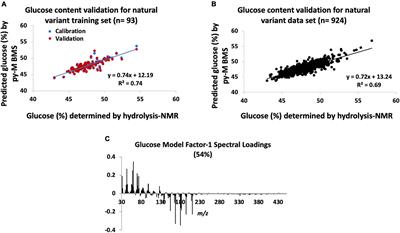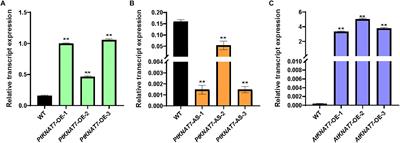ORIGINAL RESEARCH
Published on 23 May 2022
Glycome Profiling and Bioprospecting Potential of the Himalayan Buddhist Handmade Paper of Tawang Region of Arunachal Pradesh

doi 10.3389/fpls.2022.831589
- 2,477 views
- 1 citation
20k
Total downloads
120k
Total views and downloads
ORIGINAL RESEARCH
Published on 23 May 2022

ORIGINAL RESEARCH
Published on 14 Mar 2022

ORIGINAL RESEARCH
Published on 03 Feb 2022

PERSPECTIVE
Published on 12 Jan 2022

ORIGINAL RESEARCH
Published on 04 Jan 2022

ORIGINAL RESEARCH
Published on 05 Nov 2021

ORIGINAL RESEARCH
Published on 26 Oct 2021

ORIGINAL RESEARCH
Published on 01 Oct 2021

ORIGINAL RESEARCH
Published on 28 Sep 2021

ORIGINAL RESEARCH
Published on 23 Sep 2021

ORIGINAL RESEARCH
Published on 07 Sep 2021

MINI REVIEW
Published on 19 Aug 2021